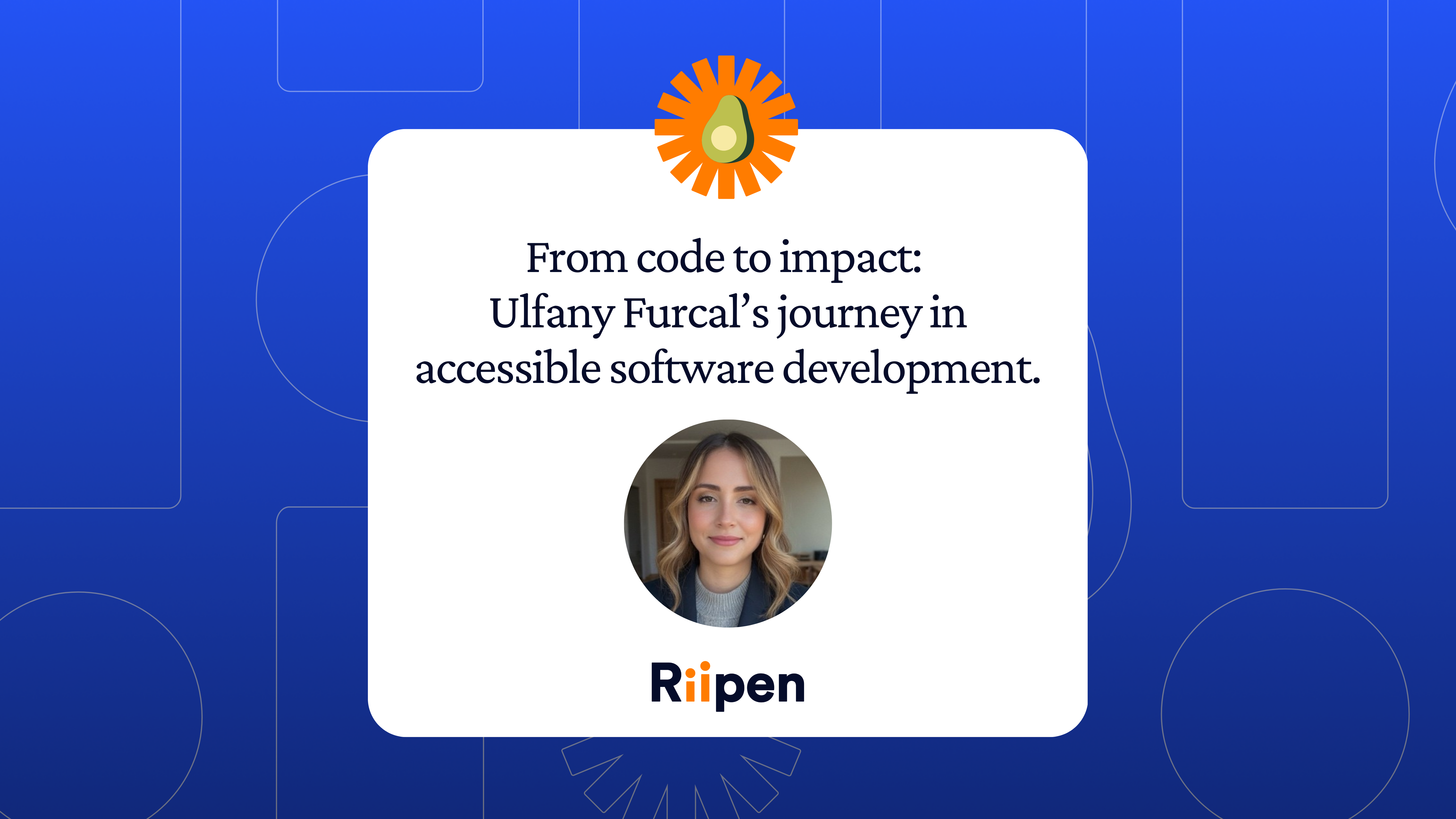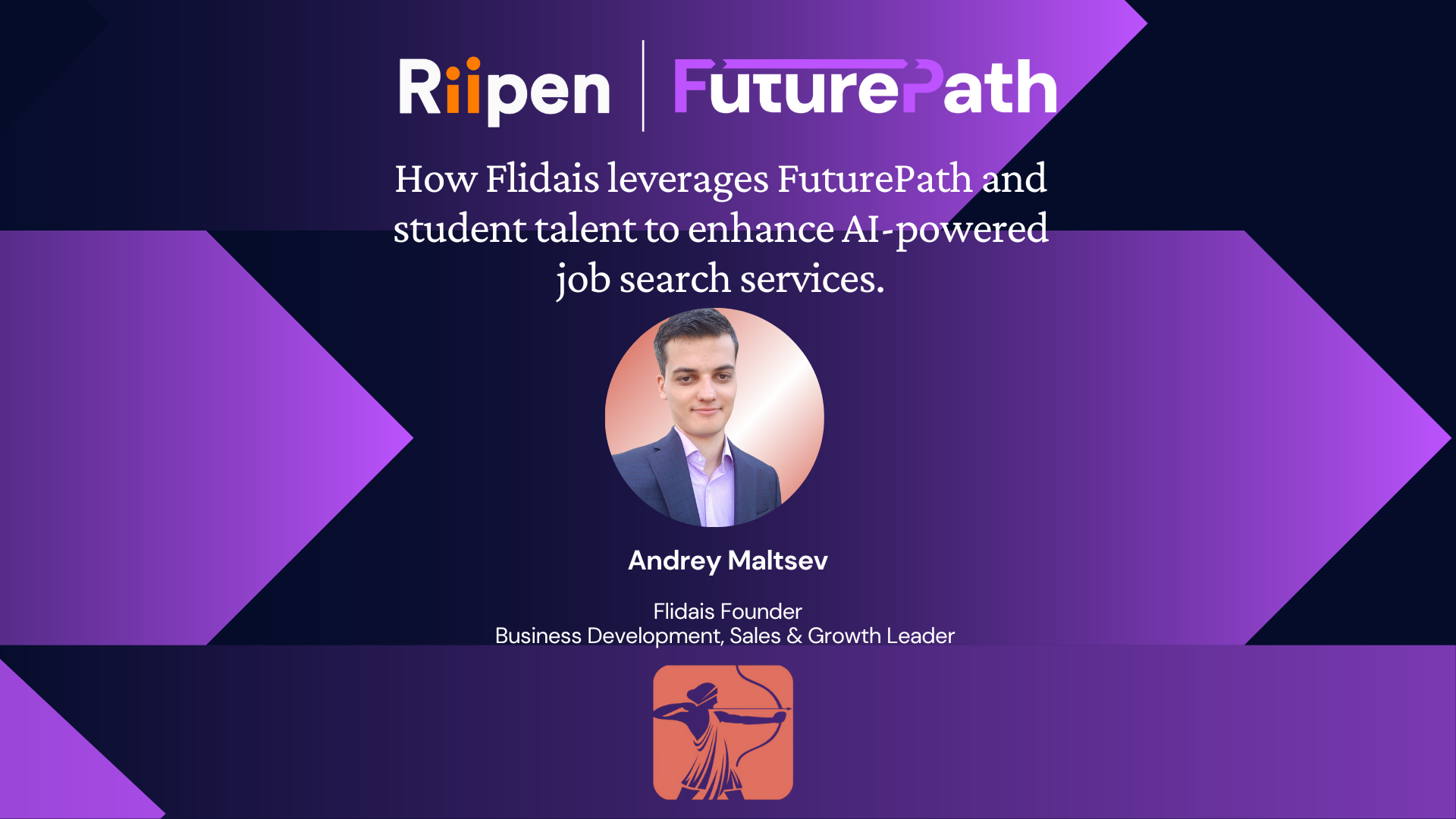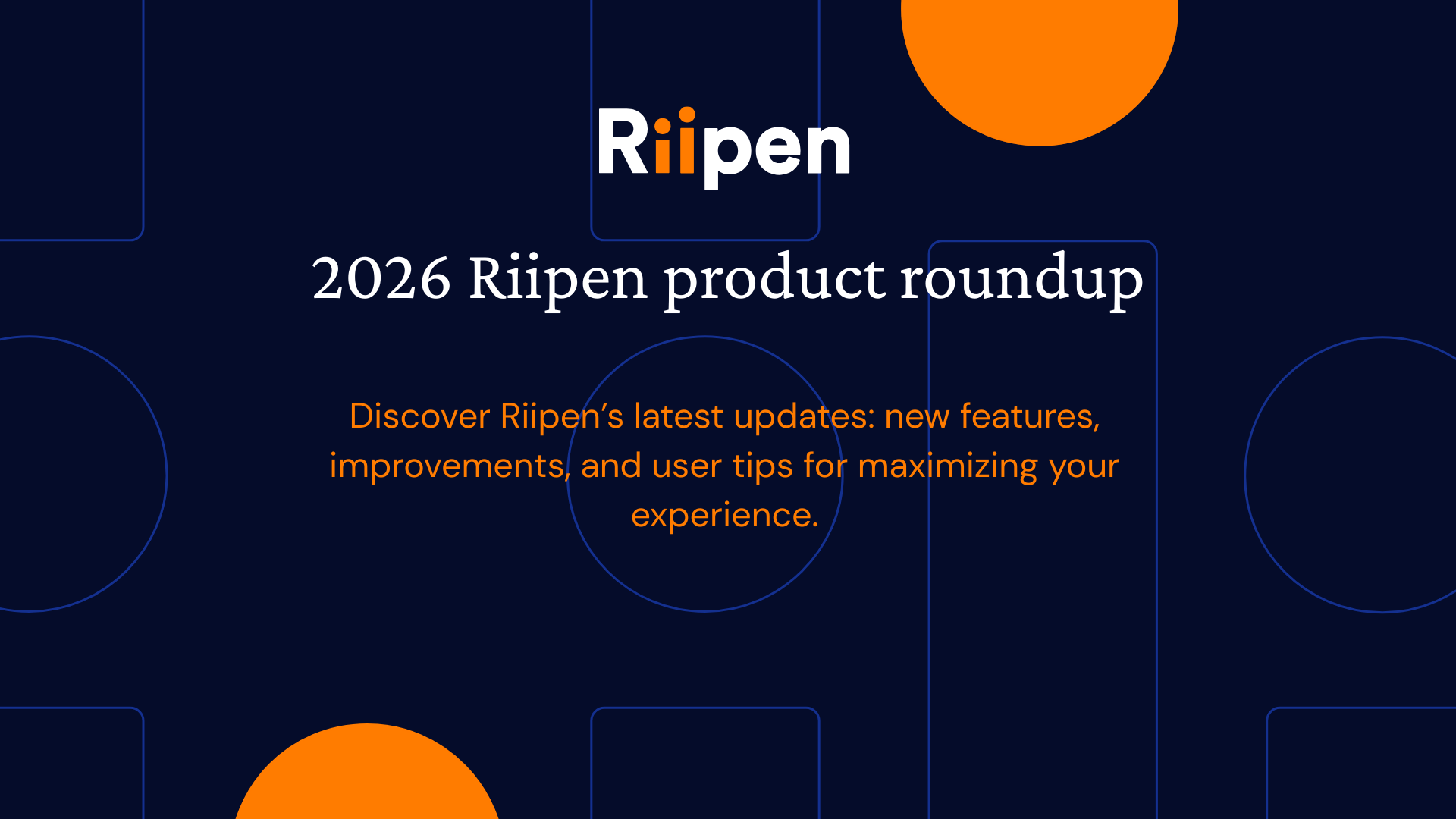From code to impact: Ulfany Furcal’s journey in accessible software development.

Building a career with purpose.
Ulfany Furcal’s career path is a testament to the power of blending diverse experiences. Starting with a background in medicine, Ulfany’s journey led her to software engineering, artificial intelligence, and data analytics, fields that align with her passion for accessible technology. As a System Development Specialist at the City of Toronto, she applies her technical expertise to build inclusive digital environments that benefit all users.
Her path was shaped by hands-on experiences, particularly through Riipen’s Level UP and Advance Ontario programs, which offer short-term, real-world projects for students to apply their classroom learning in professional settings. These work-integrated learning opportunities allowed Ulfany to apply her classroom knowledge to real-world scenarios, where she could make a lasting impact on the tech industry, something she describes as a career-defining moment.
“Software development is not just visual or structural,” Ulfany explains. “It’s relational. The way we code shapes how people are included or excluded. That’s why I’m so passionate about accessibility.”
Impactful projects that drive change.
Ulfany’s work with Musey and SwitchGear (e2gpro) are prime examples of how accessible design can transform user experiences.
Musey: Ensuring accessibility for all.
Ulfany’s first project involved conducting a comprehensive accessibility audit of Musey’s WordPress site. Musey is a social enterprise focused on art, sustainability, and community, and its mission to be inclusive was a perfect match for Ulfany’s expertise. She began with screen reader testing, WCAG 2.1 analysis, and browser-based tools like Axe DevTools. From there, she implemented various improvements: updating HTML and ARIA markup, refining alt text, and enhancing keyboard navigation. She also created a reusable accessibility guide for Musey’s internal team, ensuring the sustainability of their accessibility efforts.
“The work I did with Musey wasn’t just about meeting accessibility standards,” Ulfany reflects. “It was about making a long-term impact that would continue to serve their mission of inclusivity.”
SwitchGear (e2gpro): Elevating e-learning accessibility.
Ulfany’s second project took her to SwitchGear, where she worked on improving the accessibility of e-learning modules for a prominent Canadian bank. Her role involved ensuring the digital training materials were accessible, visually consistent, and ready for deployment. She applied UX/UI principles, restructured course layouts, and improved visual hierarchy, contrast, and spacing. Ulfany created a more user-friendly and legible learning experience by adjusting narration notes and refining alignment.
“At SwitchGear, the focus wasn’t just on compliance; it was about creating an experience usable and accessible for everyone,” she says.
Learning through collaboration and real-world challenges.
Ulfany's feedback from her industry partners affirmed the value of her work. At Musey, the founder praised her thoroughness and the thoughtful way she enhanced the platform’s inclusiveness. “My work there wasn’t just about meeting standards; it was about creating something that would have a lasting impact on their community,” Ulfany says.
At SwitchGear, her attention to detail and proactive communication were highlighted. “They described me as positive, communicative, and gracious,” Ulfany shares. “The feedback reaffirmed that accessibility is sustainable when built on trust, clear communication, and shared purpose.”
For Ulfany, these experiences weren’t just opportunities to apply what she knew; they challenged her to grow. “Each project pushed me to adapt, listen more closely, and approach every situation with curiosity and care,” she explains. “It was about continuous learning and growth.”
Building a career with purpose.
Through these projects, Ulfany has confirmed that accessible technology is not just a passion; it’s the foundation of her future career.
“These experiences clarified that accessibility isn’t something I just care about; it’s something I’m ready to build my career around,” she says. “Thanks to these projects, I feel better prepared for a career that aligns with my values and passion for inclusion,” shares Ulfany.
Ulfany recommends work-integrated learning to other students looking to make a real-world impact. “These programs allow you to go beyond just executing tasks,” she says. “You’re learning through real challenges and projects that help you grow professionally and personally.”
Inspiring the future of accessible tech.
As she continues her career in accessible tech, Ulfany is motivated to use her skills to help build inclusive technology solutions that improve the lives of all users. “These projects showed me how impactful accessibility can be in technology development,” she concludes. “I’m excited to continue making a difference and advocating for inclusive design in the industry.”
Ulfany’s journey perfectly exemplifies how hands-on learning through Riipen’s Level UP and Advance Ontario programs can help students build the technical skills and industry connections needed to drive real-world change. Through her work, she’s enhanced user experiences and built a career focused on improving accessibility for all.

About the author:
Jennifer Lussier is a Content Marketing Specialist at Riipen with a multidisciplinary background. Wishing to accomplish more for the benefit of society, she joined Riipen in 2019, and is committed to ensuring that postsecondary students gain relevant industry experience through their studies in order to be better prepared for the future of work.










.png)



























